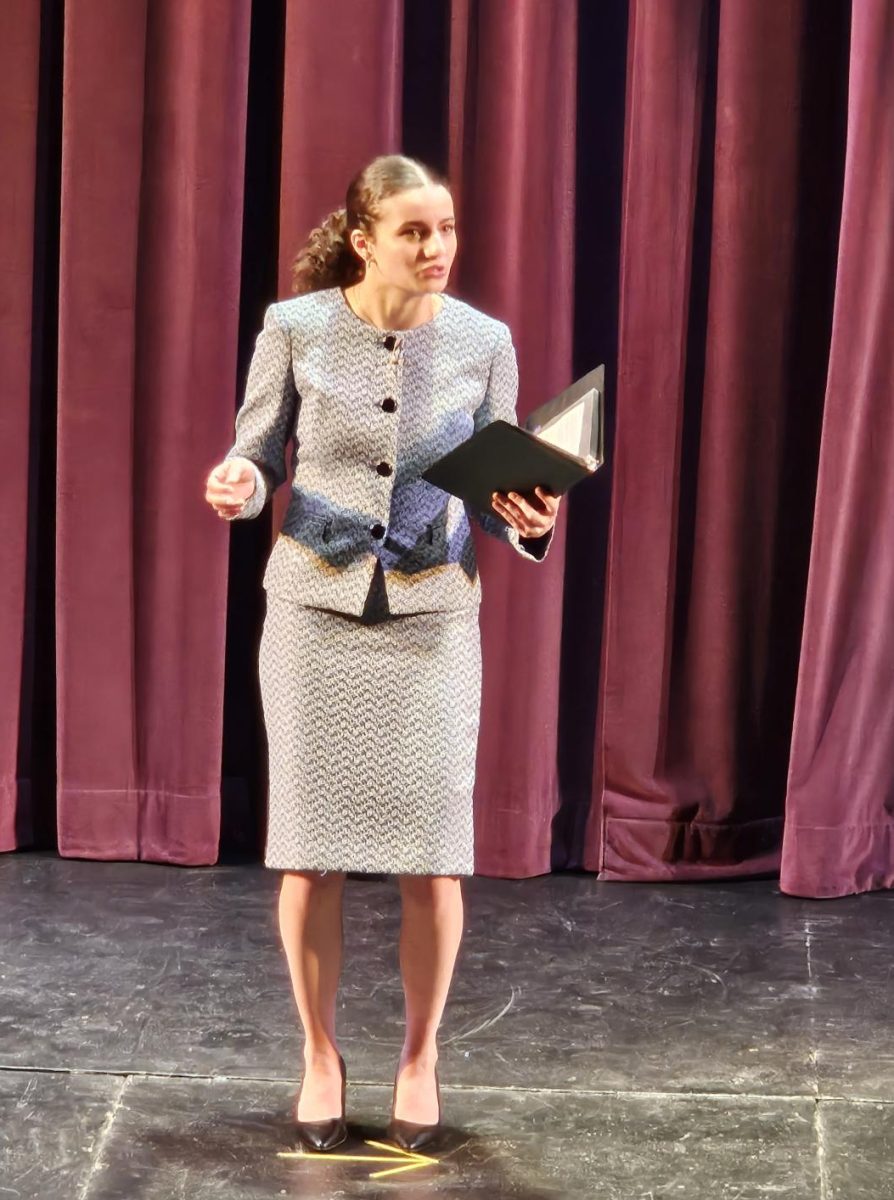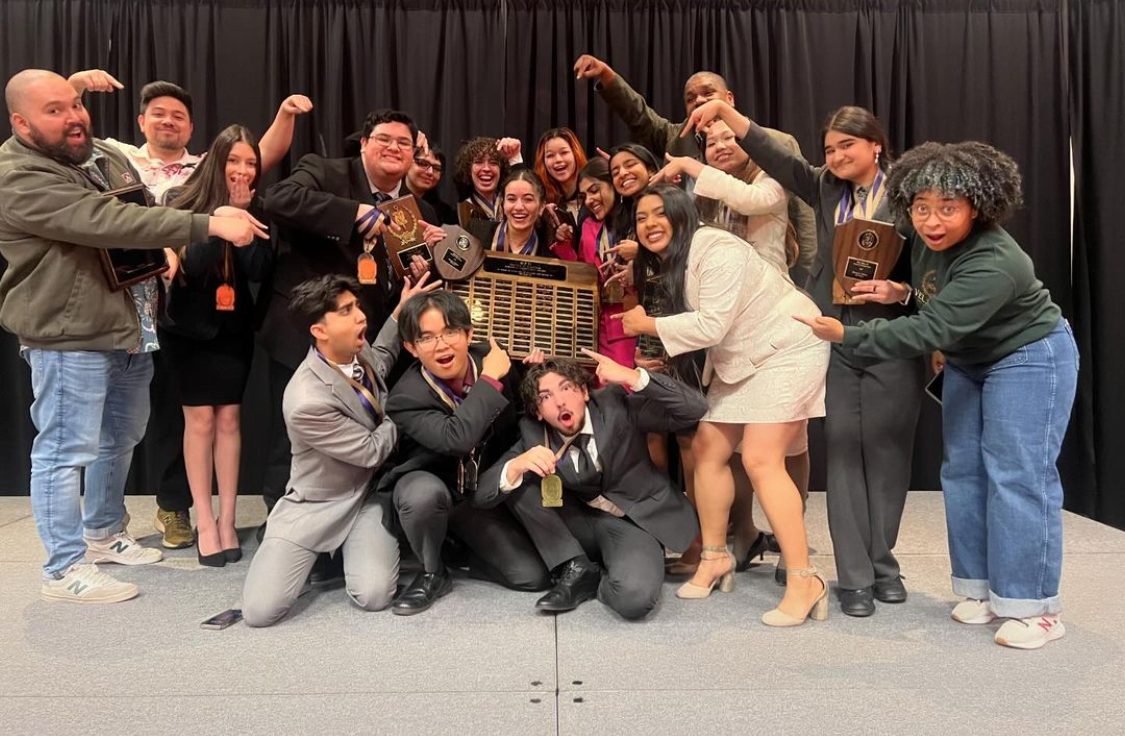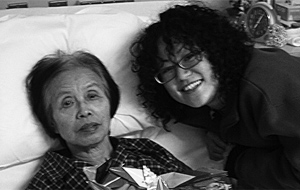Keiko Tamuro was embarrassed to know so little about what happened on Aug. 6, 1945 in her hometown of Hiroshima.
At age 18, her first semester as an international student at DVC, she called her 86-year-old grandmother in Japan.
Three years later, the memory of that conversation is still fresh:
“I was just silent when I listened to her most terrible story. It was unbelievable.
“She told me that she was in a building when there was a blinding, white light. She walked out, and everything was gone.
“There were screams for help. And then there was a man walking, the skin on his back melted into a flap that hit the back of his legs as he walked, his bones exposed.”
When her grandmother finished her story, Tamuro said she was in shock.
“I felt that I was so lucky to be here alive,” she said.
The first of her family to come to America to study, Tamuro, now 21, is in her third year at DVC.
“Coming here was good for me,” she said. “I learned more about my city.”
The atomic bomb dropped by the United States on Hiroshima had the force of 20,000 tons of TNT.
It destroyed four square miles and killed or injured 220,000 people, including people who died after December 1945 from non-acute injuries or radiation, according to Hiroshima city.
“We learned about it in history class but I didn’t care,” Tamuro said. “You know when you are little you don’t really think history is important.”
Every year, August 6 is a remembrance day in Hiroshima. People enter the still-existing ruins, and all the channels on television cover what happened on that day in 1945.
As a small child, Tamuro said, the day filled her with dread.
“I was scared of the cartoons playing of people melting,” she said, “and I didn’t want to believe or watch.”
Her grandfather, now 92, she said, was stationed in China in 1945 and had watched helplessly as the atomic bomb, strapped to an American airplane, headed to Japan.
Her grandparents do not talk about the day with anger or hatred, although a few families in Hiroshima still hate Americans because they lost loved ones, Tamuro said.
She knew that it was America that dropped the atomic bomb, but she never carried any hostility towards Americans.
“Even though it was a horrible thing that happened in my town, it doesn’t influence my views on Americans,” she said. “Not once did I think American people were horrible.”
Now that she knows her family’s story, Tamuro said she will not remain silent.
“I feel like I have a responsibility to tell people about what happened in Hiroshima, even if it is so bad,” she said. “We wouldn’t want this to happen again.”







































































